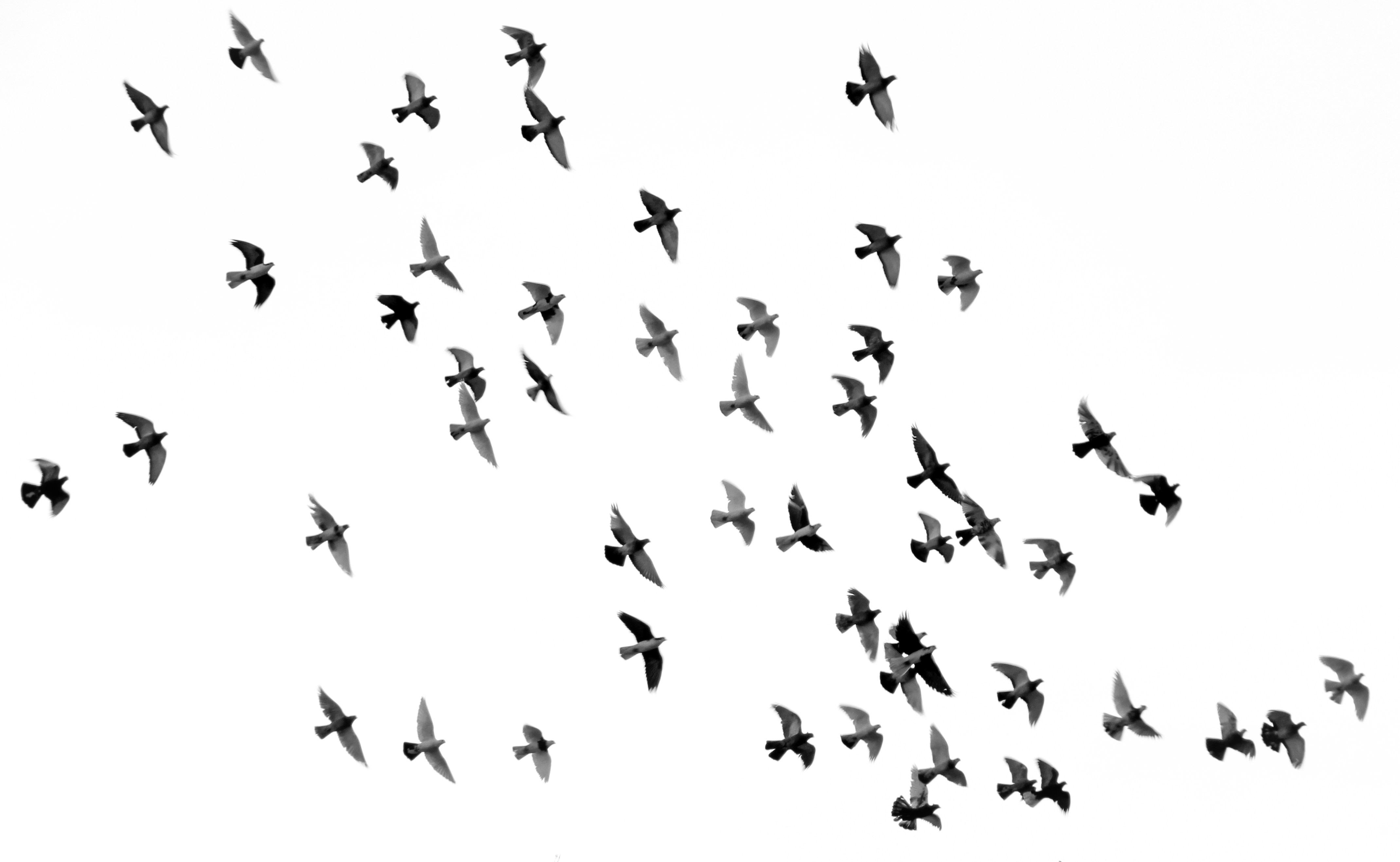
Reading Ducks while calling
The Art of Reading Ducks When Calling: Tips for Success
Duck hunting is more than just a sport; it’s an intricate dance of sounds, timing, and observation. One of the most crucial aspects of a successful hunt is reading ducks when calling. Understanding how ducks react to calls and how to adjust your sound based on their behavior can significantly increase your chances of attracting them.
Understanding Duck Behavior
Before diving into the specifics of calling, it's essential to grasp how ducks communicate and respond to calls. There is no substitute to spending time in the field observing and listening to ducks! Ducks use a variety of vocalizations to convey different messages. As a hunter, you need to interpret these sounds and adapt your calls accordingly.
1. Greeting Call – When ducks are flying overhead or circling, they might not be immediately committed to landing. In this case, using a greeting call, which is typically a louder, more assertive sound, can grab their attention and prompt them to change direction. However, timing is key here. Overcalling or calling too soon can send ducks on their way.
2. Pleading Calls – Ducks often make soft "feeding" or "contentment" calls while they are on the water or feeding. Remember ducks are always looking to have more ducks join them. Mimicking these calls can signal to other ducks that the environment is safe and welcoming, making them more likely to join.
3. Warning Calls – Ducks can sometimes sound off with warning calls, especially when they feel threatened. If you hear these, it's a sign that they are sensing danger, so adjusting your calling approach to something more subtle might be necessary.
Key Tips for Reading Ducks When Calling
Now that we understand the different types of calls ducks make, it’s time to talk about how to read their behavior and adjust your calling.
1. Watch Their Flight Path
When ducks are approaching, the way they fly gives you a lot of information about their mood. Are they flying fast and high? They might be just passing through and not interested in landing. In this case, a loud, long call might grab their attention. If they are flying low, slow, and seem to be circling, they may be considering landing. Here, a series of soft, inviting calls will often yield better results.
2. Observe Their Body Language
Ducks are highly expressive, and their body language can give insight into their intentions. If they’re flapping rapidly, they might be feeling pressured or uncertain. A well-timed whistle or a few contentment calls can reassure them. Conversely, if their wings are spread wide and they’re coasting toward the decoys, let them come, call if they become disinserted, but otherwise just let them come.
3. Adapt to the Environment
The calling technique also depends on the environment. In windy conditions, sound can be carried away more easily, so you may need to call louder and more frequently. In calm conditions, softer and more subtle calls are often more effective. The same applies when hunting in different seasons—early in the season, ducks may be more responsive to excited, high-energy calls, while later in the season, they may be more cautious and prefer softer, more reserved tones.
4. Listen to Their Calls
Ducks are vocal creatures, and often, they’ll give you subtle hints about what they want. If ducks are quacking loudly and frequently, they might be actively engaged and looking for other ducks to join them. If their calls are few and far between, they might be cautious and hesitant. Matching their tone and volume can be more effective than simply blasting a call and hoping for the best.
5. Don’t Overcall
One of the biggest mistakes hunters make when calling ducks is overcalling. While it’s tempting to keep calling to keep their attention, too much calling can often drive ducks away. Less is more when it comes to calling. Aim for a balance sometimes a few well-timed quacks are more effective than a constant barrage of sound.
Knowing When to Stop Calling
Just as important as knowing when to call is knowing when to stop. Ducks might get annoyed or frustrated if the calls keep coming, especially if they aren’t interested. When they begin to ignore your calls, that’s your signal to ease up and give them a break. Sometimes, simply being quiet and waiting can make all the difference, as ducks often land in the most peaceful, non-threatening spots.
Conclusion
Reading ducks when calling is a learned skill that requires patience, practice, and a keen understanding of their behavior. By observing their flight patterns, body language, and sounds, you can better predict their responses and adjust your calling accordingly. Remember, calling is not just about making noise—it's about making the right noise at the right time.
The next time you’re out in the field, take the time to watch and listen. The more you read ducks and adapt your calls, the more successful your hunts will be. Happy hunting!